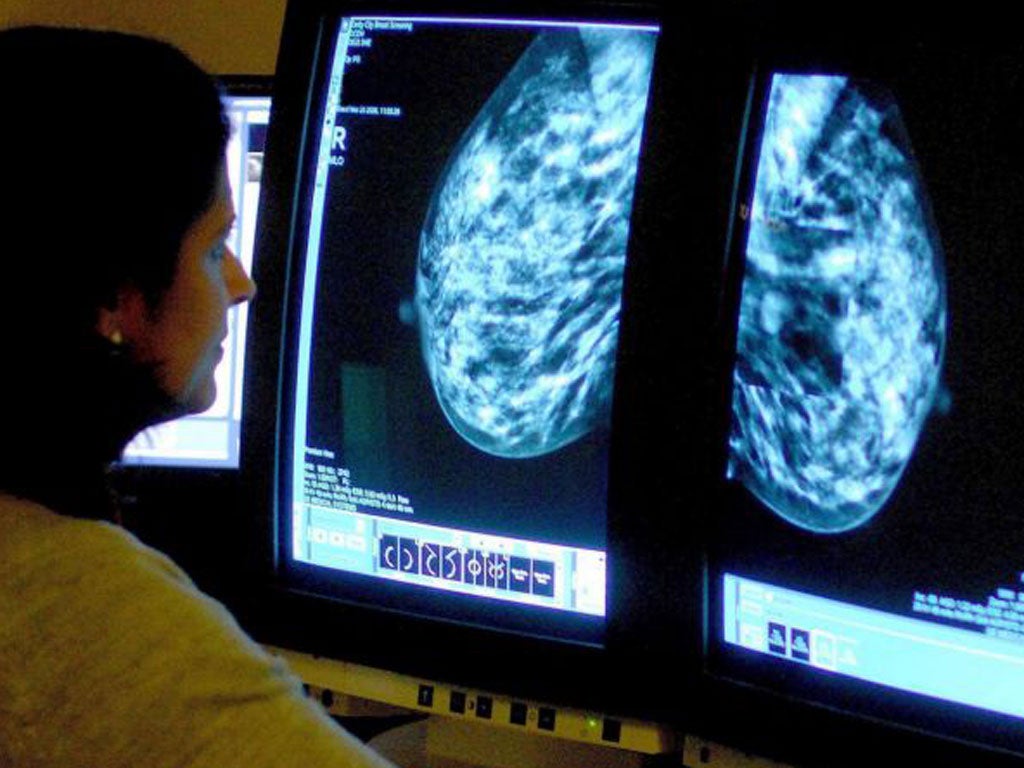Professional women more susceptible to breast cancer

Your support helps us to tell the story
From reproductive rights to climate change to Big Tech, The Independent is on the ground when the story is developing. Whether it's investigating the financials of Elon Musk's pro-Trump PAC or producing our latest documentary, 'The A Word', which shines a light on the American women fighting for reproductive rights, we know how important it is to parse out the facts from the messaging.
At such a critical moment in US history, we need reporters on the ground. Your donation allows us to keep sending journalists to speak to both sides of the story.
The Independent is trusted by Americans across the entire political spectrum. And unlike many other quality news outlets, we choose not to lock Americans out of our reporting and analysis with paywalls. We believe quality journalism should be available to everyone, paid for by those who can afford it.
Your support makes all the difference.Successful women may be more likely to develop breast cancer – and stress at work, including prejudice, discrimination, and resistance, could be to blame. Women in professional jobs had a near 70 per cent higher risk of breast cancer than other women, according to new research.
The research, based on a 55-year study of women who were in their thirties in the 1970’s, links job stress and cancer, and shows that the longer a woman held the job, the greater the risk.
The researchers say that while women going into management in the 1970s were breaking new ground, the same kind of stress affects women today.
“Women who entered managerial occupations in the 1970’s experienced prejudice and discrimination due to prevailing cultural attitudes that men made better leaders than women,’’ says Dr Tetyana Pudrovska, who led the study. “Neither men or women preferred to work for a woman because women were seen as “temperamentally unfit” for management, which was consistent with the cultural stereotype of the woman boss.
“Exercising job authority was particularly stressful for women in the context of gender inequality embedded in the occupational structure of the time, when women in managerial positions often faced prejudice, tokenism, discrimination, social isolation, and resistance from subordinates, colleagues, and superiors. We believe that women are still facing the same kind of stresses, and therefore the increased risk is likely to be there… today.”
The study focused on nearly 4,000 women who were all aged 36 in 1975.
Join our commenting forum
Join thought-provoking conversations, follow other Independent readers and see their replies
Comments